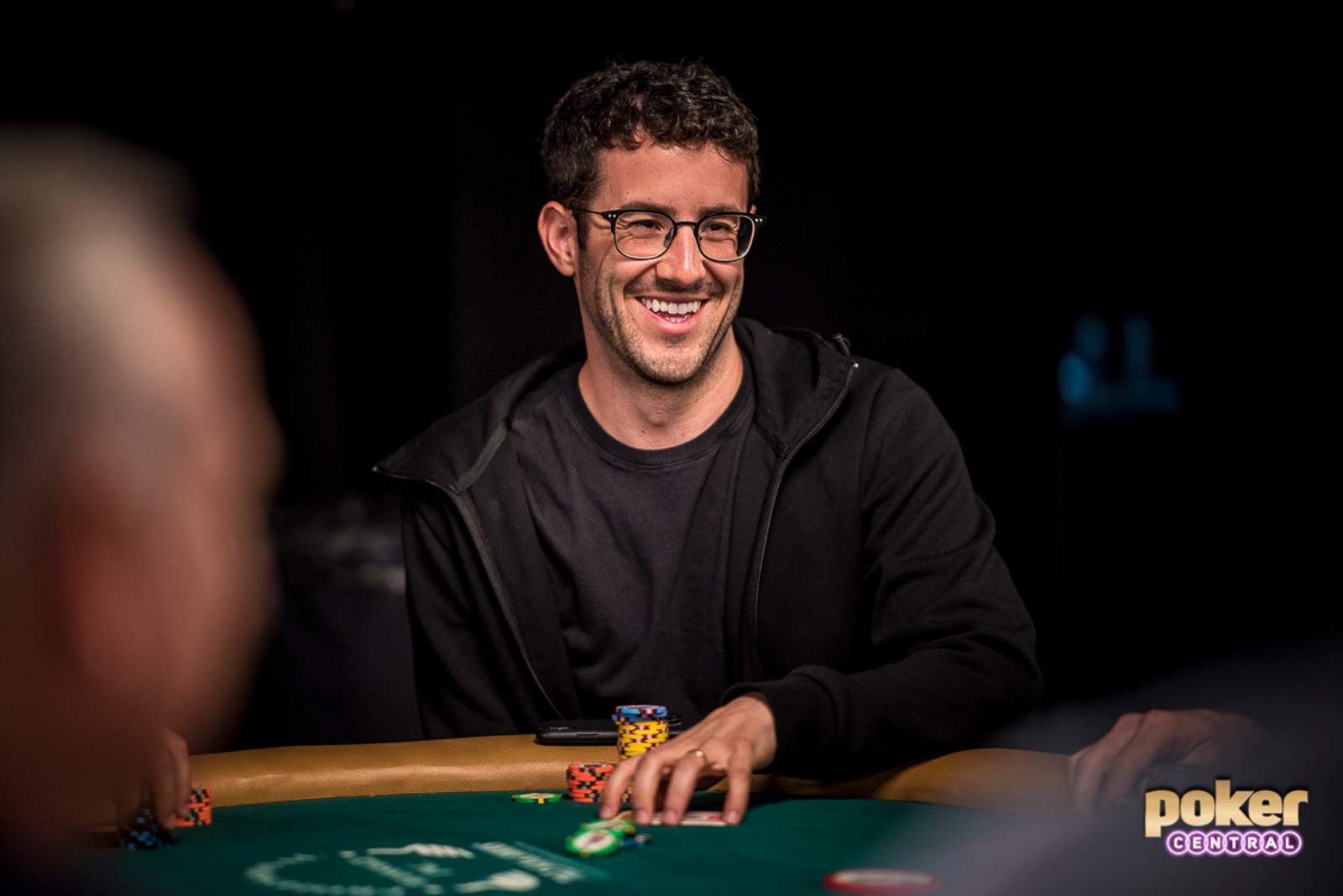
Related Articles
Winning and Losing Millions with Gus Hansen
This week’s Throwback Hand features two players of whom much is known in Howard Lederer and Erick Lindgren. They’re sharing the latest star-studded table in another classic episode of Poker After Dark, and as you might expect, get embroiled in another barnstormer of a poker hand. But when one player is staring down the other in a situation like this, I can’t help reading more into the imagined think-bubble of live poker, which would often be “What Can He Have?”
For many years, of course, no-one knew what Howard Lederer had at the table in terms of his stake money, and The Lederer Files did little to dismiss the rumours and run-downs that Lederer has taken since Black Friday. Erick Lindgren is another player who we know little about, despite him being one of the most famous names in the game.
LINDGREN – THE LEGEND
Lindgren, a sensation around the time this Poker After Dark episode was filmed, has a tremendous poker reputation, having racked up $10.3m in live tournament winnings alone. He has also been a player about whom little is known, however, with his staking in tournaments not crystal clear. But then, how many players could we say that about? As a live tournament reporter, it’s one of the most common conversations to float around a poker room – who has a piece of who. Lindgren is still playing poker to this day and came second in a $1,675 WSOP Circuit event in Cherokee last April. It earned him a six-figure win and one of just two cashes in the last year.
With many players, one of the questions I have wondered but never asked if that player is in make-up. In case you’re new to poker, this doesn’t mean whether the make-up artist put on the right amount of powder before they stepped onto the TV set. Make-up in poker refers to the debt a poker player might owe to the person or persons bankrolling them.
MAKING IT UP AS HE GOES
Lindgren may have won none or a large percentage of his winnings from being in make-up, which reminds me of a time I witnessed a triumphant, yet painful end to a tournament in Britain. The Genting Poker Series Main Event was a big deal back in 2012 and I’d not long been reporting both on-screen and off, as part of a roving reporter role for the company. At the final table, there were a stack of players I knew, such as Charles Chattha and Daniel Hardy. But the player who won was a tiny man with a big heart whom I would come to know fairly well over the next couple of years. Elliott Panyi was really fun to watch. He had an aggressive style at the felt, but a kinder fellow away from the felt you’d be hard pushed to find. He was, therefore, a bit of a reporter’s dream. He came up with polite and well-spoken quotes off the felt, then tore up the action once he was back in his seat.
As he marched towards his only major event victory – he’s played less tournament with lower buy-ins over recent years – he ground down his opponents one by one until he had the title and what seemed an oversized trophy in his tiny, dextrous hands. A masterclass in final table poker, I thought we’d see a lot more of him over the coming years, but then, I had no idea what he was playing with at the final table. I only learned afterwards that Panyi had been deep in make-up to one of the biggest players in British poker history, and almost all of his winnings (just over $100,000 at the time) had to go back into the bank of his backer. How that must have felt in his moment of triumph, I can’t begin to imagine. But his face had an ashen, not-bothered look at times, and I thought he looked a little sad not to be able to celebrate his achievement solely for what it was – a brilliant performance.
Panyi, obviously, isn’t the only player who has been in make-up while winning a tournament. Over the months and years following that event, through more reporting and an eventual Editor’s role at BLUFF Europe magazine, I learned of more and more players who won big, yet had to then donate their winnings back to their stable. It is, of course, part of the game. But the pain that it must bring is quite something. One player, who will remain nameless, told me of a time he won a tournament outright, and had to immediately go across the street to the bank to cash the cheque and send the money directly back to his backer. I can’t imagine how much that takes the gloss of a victory.
THE POWER OF YOUR LAST DOLLAR
The idea of any poker player playing well whilst being in make-up to someone made me wonder if that was because they were down to their last dime that they brought their A-game. How well have you played when you knew it was your last buy-in? The country song Last Dollar (Fly Away), which reached #13 on the U.S. Billboard Hot 100, talks about exactly this concept:
When I’m down to my last dollar
I walk right through my shoes
Just a small reminder
Of the hell that I’ve gone through
But look at me still smiling
‘Cause I’m wondering what I’ll do
Since I ain’t got nothing
I got nothing to lose
Big Kenny, who wrote that song for Tim McGraw, penned the tune after being heavily in debt and losing money at a blackjack table. Kenny looked at his falling-apart shoes and realized that he had nothing to lose. That made him a dangerous player, even a dangerous man. Did the same logic lead to Lindgren becoming so good at the game? He would undoubtedly have had to focus a lot of his attention on the next hand and nothing else. That’s gold dust for poker broadcasting, and us as fans.
Panyi and Lindgren both contributed major moments to me as a poker fan. By subscribing to PokerGO now, you can watch a whole host of players on demand in massive, history-making hands.
Just like so many poker fans, myself, included, you never really know what they have.
Related Articles
Winning and Losing Millions with Gus Hansen
Weekend Binge Watch - All The Stories from the Felt



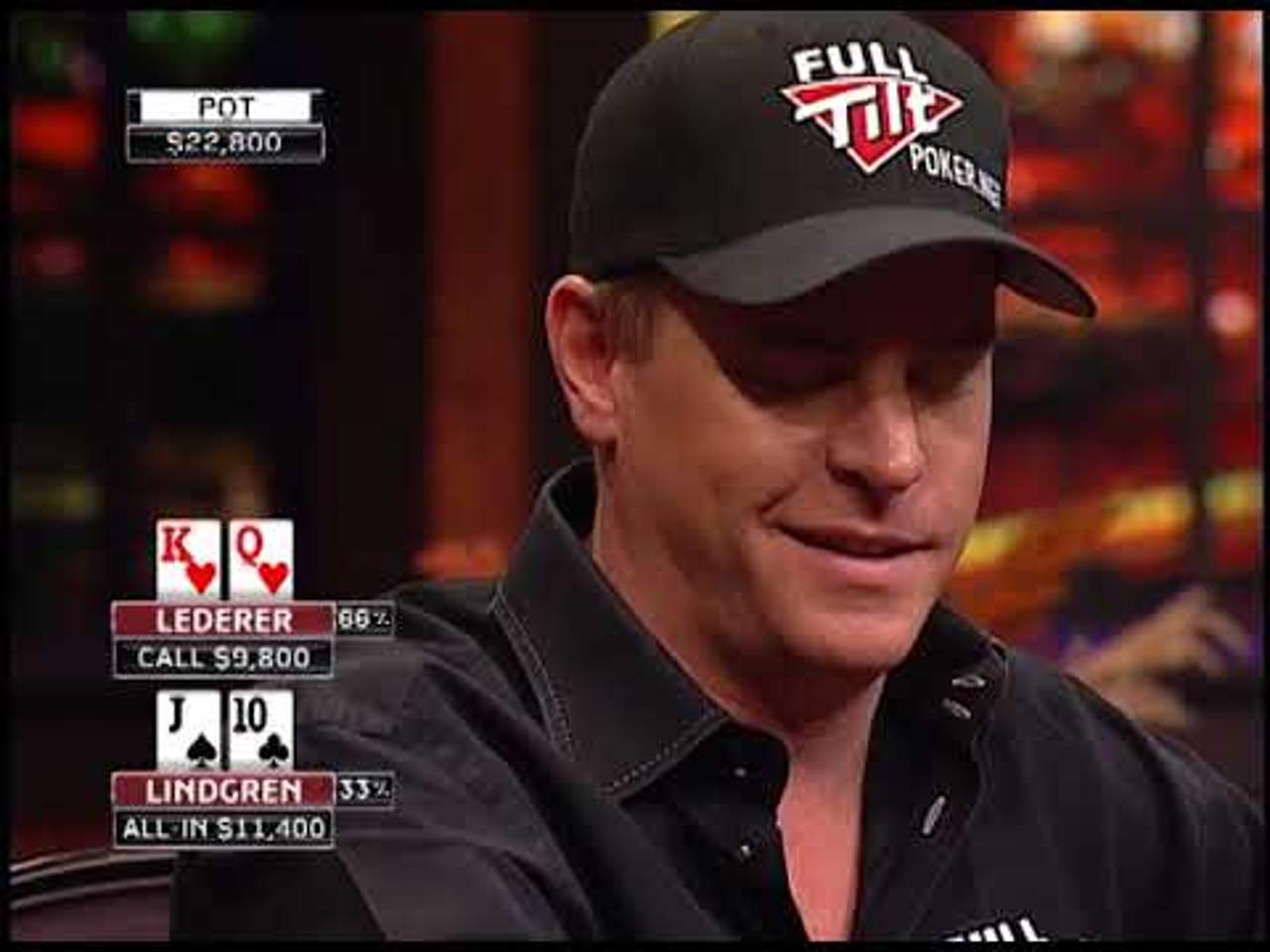
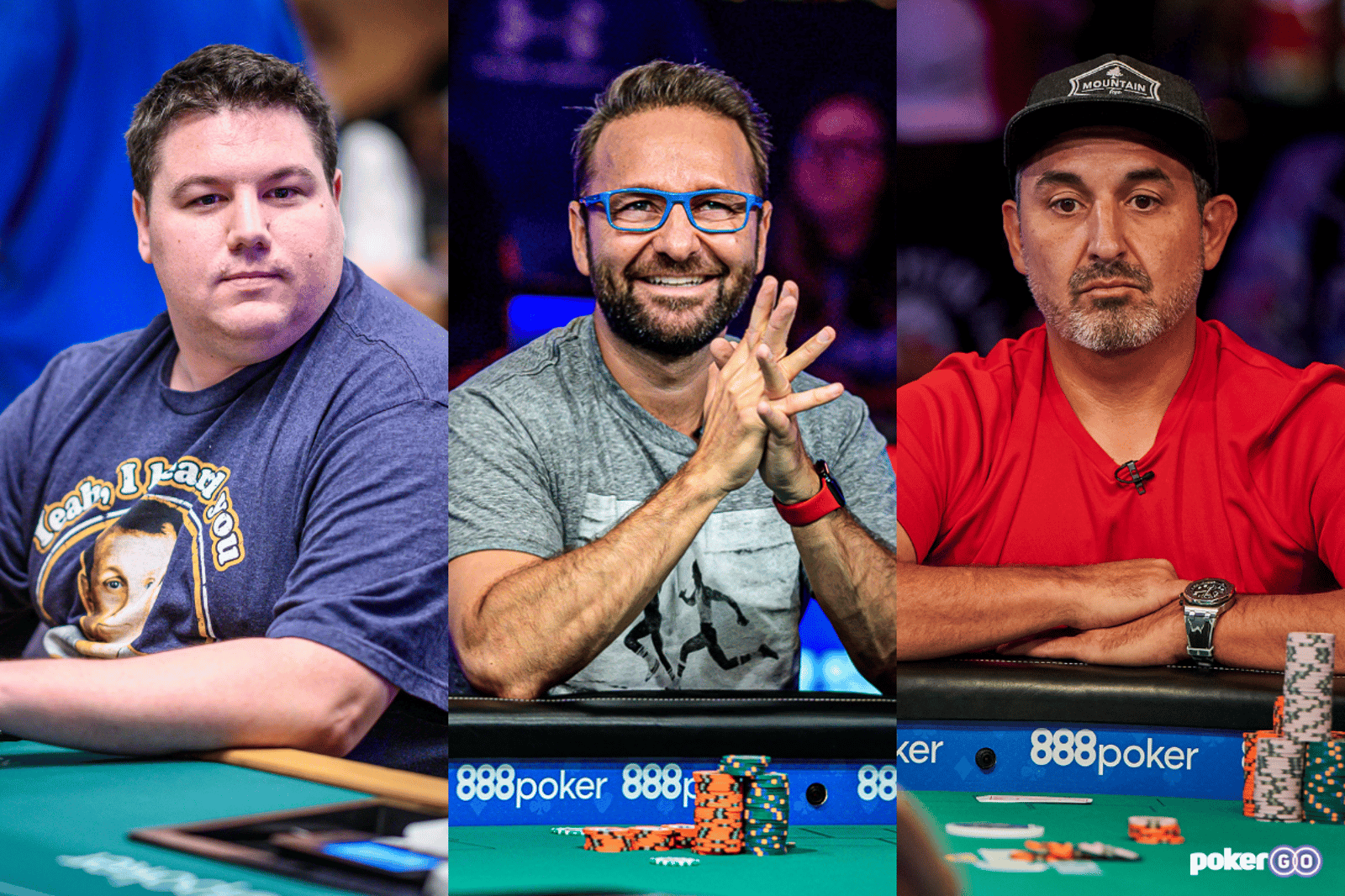
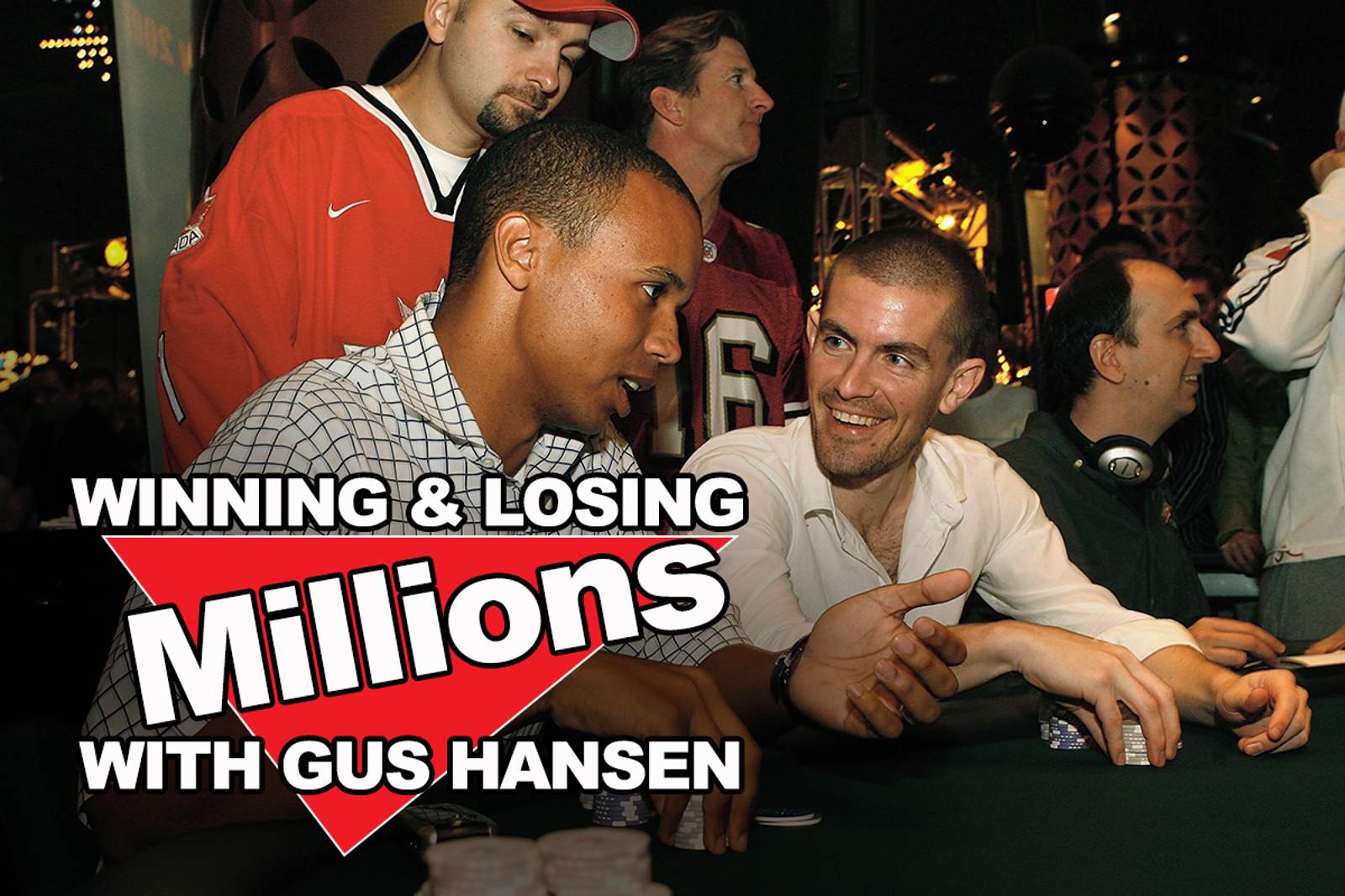
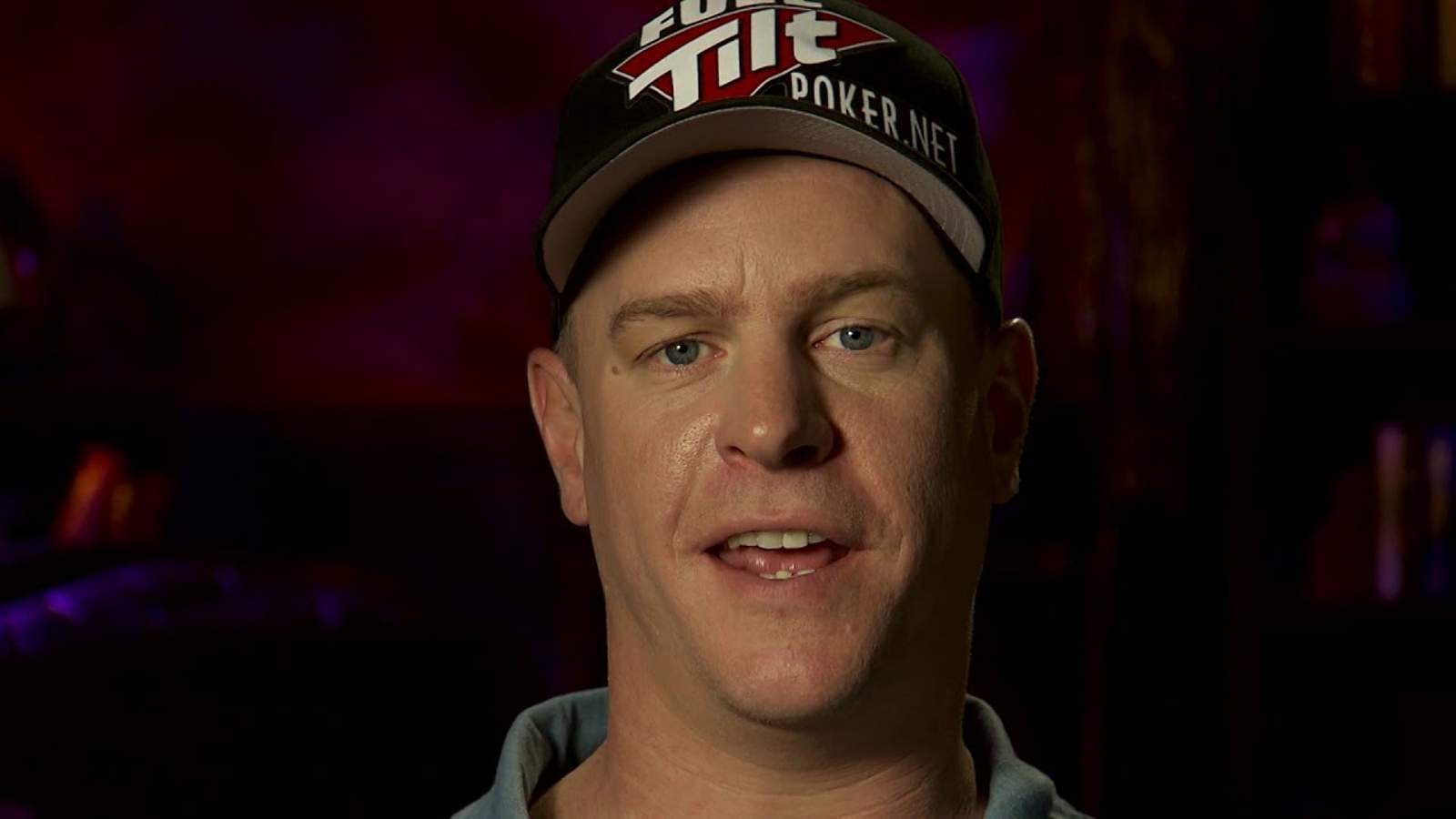
![[VIDEO] Ali Imsirovic Bluffs Dan Smith During Super High Roller Bowl V](https://pgt.pokergomedia.com/cdn-cgi/image/fit=contain,width=1600,quality=65/Imsirovics-Master-Class-Super-High-Roller-Bowl-V-Run-It-Back-with-Remko.jpeg)
